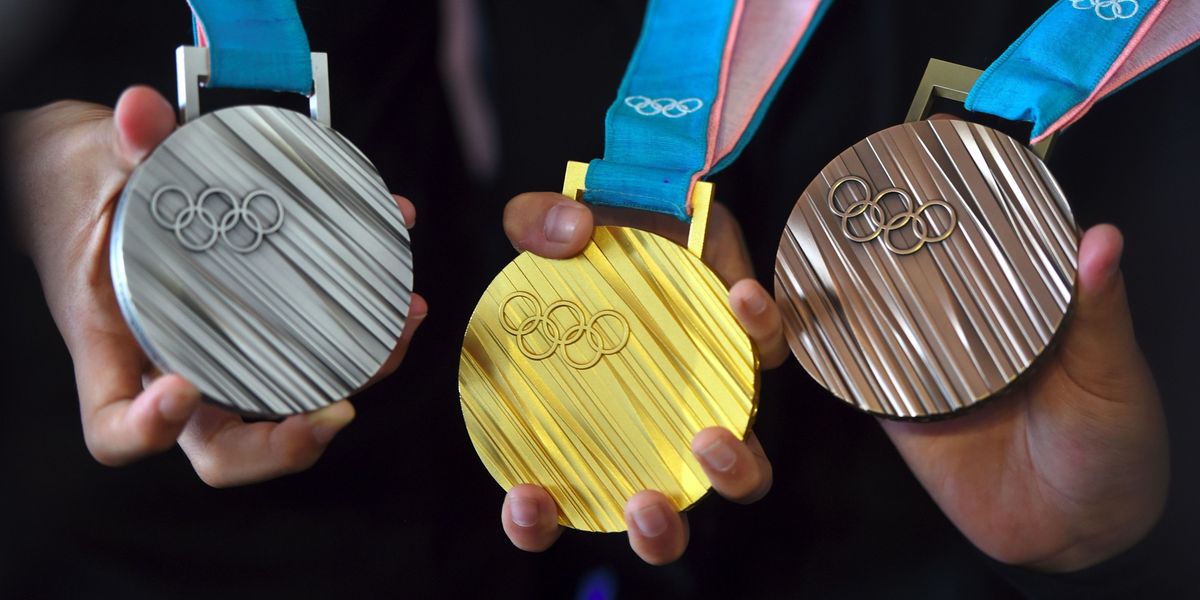
Introduction
The Olympic Success of the United States
The United States of America (USA) is one of the most successful nations in the history of the Olympic Games. With thousands of medals won across various sports, the USA has consistently ranked at the top of the medal table. But how did the USA become such a powerhouse in the Olympics? This article will explore the factors behind their success, including historical moments, training programs, discipline, and the stories of athletes who have made their mark on Olympic history.
A Brief History of the United States in the Olympics
The Early Days: Setting the Stage for Success
The United States first competed in the Olympics in 1896, the year the modern Olympic Games were revived. Since then, the country has participated in every Summer Olympics except for 1980, when the USA boycotted the Moscow Games. From the beginning, American athletes showed exceptional talent, particularly in track and field events.
Historical Moment: Jesse Owens at the 1936 Berlin Olympics
One of the most memorable moments in Olympic history is when Jesse Owens, an African-American athlete, won four gold medals in the 1936 Berlin Olympics. This achievement was significant because it happened during a time of intense racial discrimination, and Owens’ victories challenged Adolf Hitler’s belief in Aryan racial superiority.
Why the United States Excels in the Olympics
Investment in Sports Programs
One of the key reasons for the USA’s success is its significant investment in sports programs. The country has a well-established system for identifying and nurturing young talent through schools, colleges, and sports clubs.
Example: Many Olympic athletes in the USA start their careers in high school or college sports programs, where they receive top-notch coaching and support.
Advanced Training Facilities
The USA has some of the best training facilities in the world. These facilities are equipped with the latest technology, allowing athletes to train at the highest level.
Statistics: The United States Olympic and Paralympic Committee (USOPC) invests millions of dollars every year in training facilities and sports science research.
Support from Sponsors and Government
American athletes receive strong support from both sponsors and the government. Sponsorship deals provide athletes with the financial backing they need to focus on their training without worrying about other expenses.
Success Story: Swimmer Michael Phelps, the most decorated Olympian of all time with 28 medals, received significant support from sponsors, which allowed him to train full-time and focus on his Olympic goals.
The Role of College Sports
College sports play a crucial role in the development of Olympic athletes in the USA. Many athletes receive scholarships to attend top universities where they can balance their education with intensive training.
Example: Carl Lewis, another legendary American athlete, attended the University of Houston, where he honed his skills before winning nine Olympic gold medals in track and field.
Discipline and Dedication: The Hallmarks of American Olympians
Rigorous Training Regimens
American Olympians are known for their discipline and dedication to their sport. They follow rigorous training regimens that require them to train for hours every day, often sacrificing personal time and comfort to achieve their goals.
Discipline Story: Gymnast Simone Biles, who has won seven Olympic medals, including four golds, trains six days a week, often for several hours a day, to maintain her status as one of the best in the world.
Mental Toughness
Mental toughness is another critical factor in the success of American athletes. Competing in the Olympics can be incredibly stressful, but American athletes are trained to handle pressure and perform at their best when it matters most.
Example: During the 1996 Atlanta Olympics, American gymnast Kerri Strug performed a vault on an injured ankle to help the USA win the team gold medal. Her courage and mental toughness became an iconic moment in Olympic history.
The Impact of American Athletes on the Olympics
Setting Records and Making History
American athletes have set numerous Olympic records, inspiring future generations to aim for greatness.
Statistics: As of 2021, the USA has won a total of over 2,600 Olympic medals, more than any other country.
Inspiring the World
The success of American athletes has not only benefited the USA but has also inspired people around the world to pursue sports and strive for excellence.
Success Story: Wilma Rudolph, who overcame polio as a child to win three gold medals in track and field at the 1960 Rome Olympics, became a symbol of determination and hope for people facing challenges.
Frequently Asked Questions (FAQs)
How many medals has the USA won in the Olympics?
The USA has won over 2,600 Olympic medals as of 2021, the most by any country.
Why is the USA so successful in the Olympics?
The USA’s success is due to its investment in sports programs, advanced training facilities, support from sponsors and the government, and the role of college sports.
Who is the most successful American Olympian?
Michael Phelps is the most successful American Olympian, with 28 medals, including 23 golds.
What role does discipline play in the success of American athletes?
Discipline is crucial; American athletes follow rigorous training regimens and develop mental toughness to perform under pressure.
How has the USA’s success in the Olympics influenced the world?
The success of American athletes has inspired people globally to pursue sports and overcome challenges.
Conclusion
The United States’ success in the Olympics is the result of a combination of factors, including strong investment in sports programs, world-class training facilities, support from sponsors and the government, and the discipline and dedication of its athletes. Through historical moments, inspiring stories, and groundbreaking achievements, American athletes have left an indelible mark on the Olympic Games and continue to inspire the world with their pursuit of excellence.









